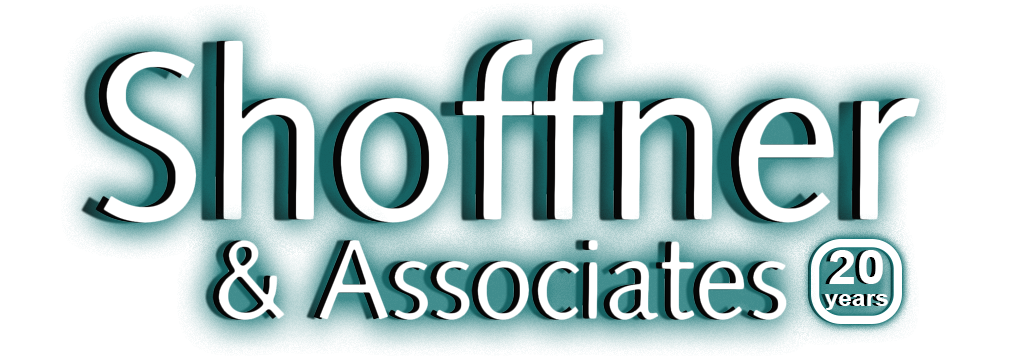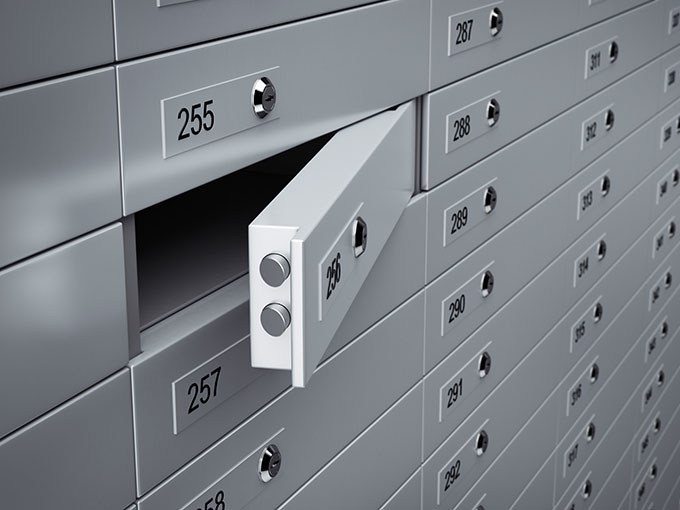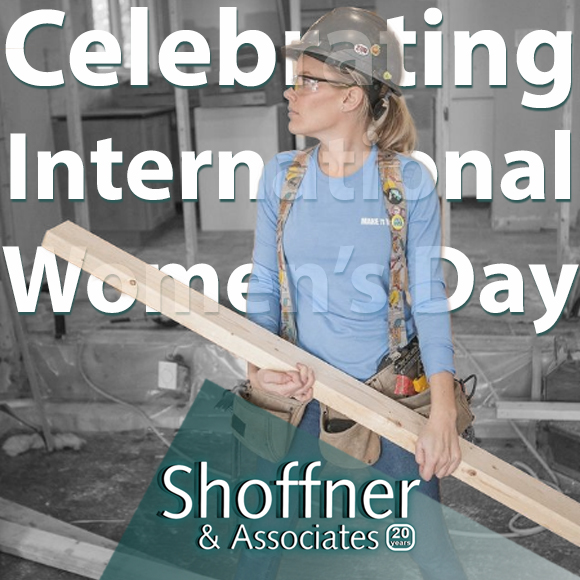____________________________________________________________________
Freya Allen Shoffner, Esquire featured Professional Speaker, Presenter, Professor.
Need a Speaker for a Business Event? Call your friendly neighborhood attorney today.
With the right help, you are more likely to succeed. The attorneys at Shoffner & Associates will be happy to help you.
Give us a call at (617) 369-0111 or email fashoffner@shoffnerassociates.com
____________________________________________________________________
Safe deposit boxes or safety deposit boxes are typically metal boxes stored in a bank vault used
to store valuables, legal documents, and other prized possessions in a secure location. Safe
deposit boxes are rented from the bank with a lease agreement.
The boxes are accessed most commonly with keys but also with pin numbers or other types of
security passes. When keys are used the customer is given two keys which should be stored in
separate locations. The box is opened with one customer key and the guard key from the
financial institution, both keys are necessary to open the box. Once the box is unlocked and
removed you will have a private room to conduct your business.
The contents of a safe deposit box are not insured through FDIC as bank deposits are. If the
renter wants the contents insured, they will have to insure them on their own. While the boxes
and the vaults they are in are very secure they can still be impacted by disasters. Insurance
companies will often give a discount for valuable items stored inside of a safe deposit box.
Policy riders to one’s home or renter’s policy are typically available for valuables kept in a box.
Ask the bank what their process is in case of death when you rent a safe deposit box.
Regulations vary by state and by institution. If you rent the box alone it will be sealed when you
die, and it could be months before it is opened. If you die a legal representative of your estate or
a joint renter of the box should inform the bank right away. The executor, or personal
representative, of your estate will get access to your safe deposit box after you die. When
depends on the state and the bank. If there is a joint renter of the box, the regulations vary with
what access is allowed by the joint renter. Again, check with your bank or attorney. Removal of
the contents will only be allowed after specific legal requirements are met. Your attorney will be
able to advise regarding those requirements.
It is very important that you communicate the existence and location of your safety deposit box.
If heirs are not told and the rental fee is not paid, the box is considered abandoned and the
contents are turned over to the state’s unclaimed property offices.
Safe deposit boxes are very helpful to store your valuables and important documents.
Communicate both its existence and whereabouts. Consult with your attorney to understand
requirements and regulations specific to your state and circumstances.




